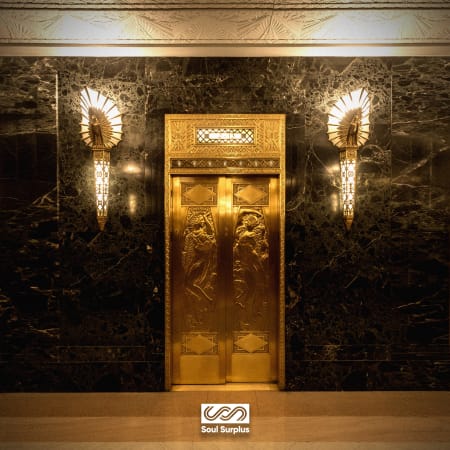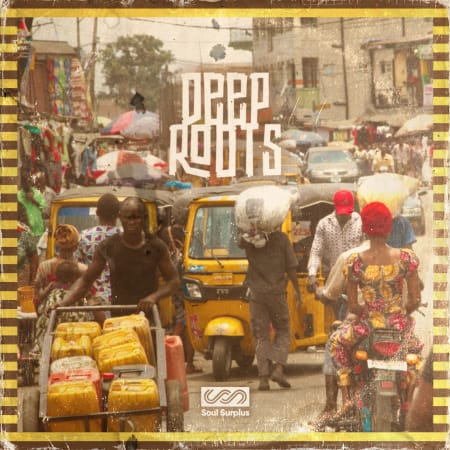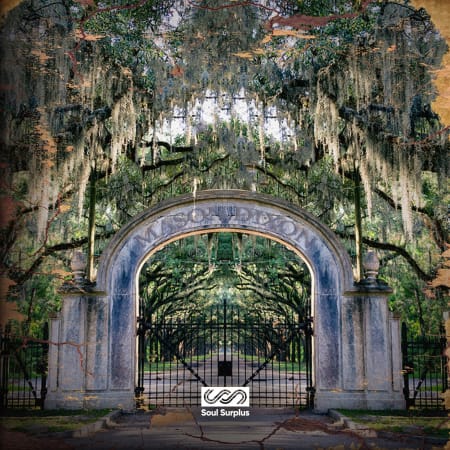Bossa nova is a style of samba developed in the late 1950s and early 1960s in Rio de Janeiro, Brazil. It's mainly characterized by a "different beat" that altered the harmonies with the introduction of unconventional chords and an innovative syncopation of traditional samba from a single rhythmic division.
According to the Brazilian journalist Ruy Castro, the bossa beat – which would be created by the drummer Milton Banana – was "an extreme simplification of the beat of the samba school," as if all instruments had been removed and only the tamborim had been preserved. In line with this thesis, musicians such as Baden Powell, Roberto Menescal, and Ronaldo Bôscoli, also claim that this beat is related to the tamborim of the samba school.
One of the major innovations of bossa nova was the way to synthesize the rhythm of samba on the classical guitar. According to musicologist Gilberto Mendes, the bossa nova was one of the "three rhythmic phases of samba," in which the "bossa beat" had been extracted by João Gilberto from the traditional samba. According to the author Walter Garcia, the synthesis performed by Gilberto's guitar was a reduction of the "batucada" of samba, a stylization produced from one of the percussion instruments: the thumb stylized a surdo; the index, middle, and ring fingers phrased like a tamborim.






